When Mary Thompson’s father passed away, she thought she was prepared. Her father had a will, a modest home, some investments, and had even named her as executor. What Mary and her family soon discovered, however, is a hard reality that many Americans face: a simple oversight or misunderstanding of probate and trust settlement can turn an already painful experience into a long, expensive, and stressful ordeal.
As a probate and trust settlement attorney, I’ve seen too many families suffer unnecessarily. Here’s what happened to Mary—and what you can do to avoid the same fate.
The Costly Missteps
Mary’s father’s estate had to go through probate because his home and accounts were still titled in his name. Despite her best intentions, Mary was unaware that even with a will, assets not placed in a properly funded trust must pass through probate court.
The process, which she thought would take a few months, dragged on for over 18 months.
Court filing fees, mandatory appraisal fees, legal and accounting costs, and executor fees quickly added up. In California, for example, statutory attorney and executor fees are calculated as a percentage of the gross value of the estate—not the net value. In Mary’s case, the house alone was valued at $900,000. Between legal fees, taxes, and administrative costs, over $45,000 of the estate was consumed by probate-related expenses.
To make matters worse, family tensions arose. One sibling disputed the division of personal property. The judge ordered mediation, adding even more time and costs. Probate court backlogs meant the family had to wait for months just to get hearings scheduled.
Mary later confided that the financial toll was only half the problem. “It’s the emotional exhaustion of being stuck in limbo for so long, unable to close my father’s chapter and move on.”
How It Could Have Been Avoided
Mary’s father had intended to avoid this. Unfortunately, he had set up a living trust but never properly transferred (or “funded”) the home and investment accounts into the trust. It’s a common mistake. A trust that isn’t fully funded is like a car without gas—it won’t get you where you want to go.
Had the assets been titled in the name of the trust, Mary and her family would have bypassed the probate process altogether. Trust administration, while still requiring legal guidance, is typically faster, private, and significantly less expensive. Most trust settlements I assist with take 3 to 6 months, not years, and legal fees are a fraction of what probate demands.
Key Takeaways for Families
- Probate is expensive and time-consuming: Legal fees, court costs, and delays can eat up a significant portion of an estate.
- A will alone doesn’t avoid probate: Only assets properly placed in a living trust, or held with designated beneficiaries, bypass probate.
- Improper trust funding is the #1 reason estates still end up in probate: Simply creating a trust isn’t enough—you must fund it with your assets.
- Family disputes become public in probate: Probate filings are public record, which can lead to privacy loss and increase family conflict.
The Bottom Line
Mary’s story is unfortunately common, but entirely preventable. As a probate and trust settlement attorney, my advice is simple: don’t wait. Review your estate plan regularly with a qualified professional. Ensure your trust is properly funded and your documents are up to date.
Estate planning done right gives your family the gift of peace, privacy, and prompt resolution when it matters most. Done wrong—or left incomplete—it can become a costly, years-long burden for your loved ones.
If you’re uncertain whether your plan will keep your family out of probate court, schedule a review. A few hours today can save your family months—or even years—of heartache tomorrow.

